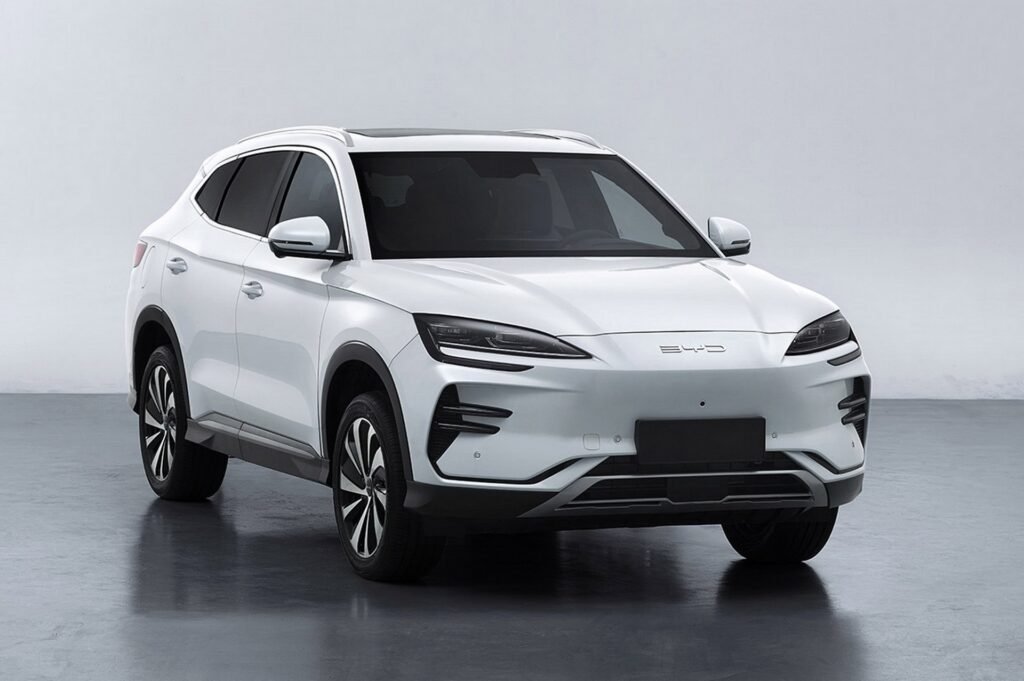According to latest reports, Chinese carmakers have now secured a massive 11% share of the European electric vehicle market in June, as car buyers flocked to make purchases prior the imposition of EU tariffs on imported EVs that came into force this month.
The figures, which include the UK, show that more than 23,000 electric vehicles were registered in June, an increase of 72% on the previous month.
According to Dataforce, the Chinese state-owned company SAIC, parent of the British brand MG, was responsible for the biggest jump. However, the figures also indicated that 40% of the imports were registered by dealers rather than drivers themselves, another sign of a pre-tariff sales rush.
The electric carmaker sold just under 13,400 cars in June compared with sales of just under 4,000 at rival BYD, which sells the Dolphin and Seal brands.
SAIC is subject to the highest EU tariff of 38% compared with BYD cars, which have had a 17% levy imposed since 5 July as part of the EU’s bid to create a level playing field with its own carmakers including BMW, Audi and Stellantis’s Fiat and Renault.

Incentives to buy electric cars turbo-boosted sales in Italy, where about €200m (£168m) in subsidies on new EVs ran out within nine hours of their launch, said Dataforce.
It comes as fresh customs data from Beijing shows the EU and UK took nearly half all China’s exports of electric cars in the first six months of the year by value.
Data analysed by the Chinese trade specialist website Soapbox showed the UK took 12%, while the EU took 36%, compared with just 1% in the US, which slapped 100% tariffs on imports earlier this year.
Brazil and Australia were the third equal most important markets at 7% each of all sales, followed by Thailand, UAE and South Korea at 4% each and Israel at 3%.
Research by the Spanish bank BBVA showed that the cost of a Chinese car in Europe is generally twice that of its price tag in the domestic market. BYD’s entry level Dolphin car sells at just over £30,000, almost three times its price in China £10,900. By contrast the Polestar 3 selling at £53,000 in the UK just 64% higher than its list price in China.
The biggest markets for Chinese EVs in Europe are Germany, the UK and France, followed by Norway, Belgium and Italy. Of the 208,872 EVs sold in Europe in June, just more than 43,400 were sold in Germany, down 18% month on month.
In the UK, sales increased 7.4% to 34,000, while in France they dropped 10% to just under 30,000.
Earlier this year, the European Automobile Manufacturers’ Association (ACEA) car industry trade body showed a massive jump in Chinese electric battery car sales in Europe, a category that strips out plug-ins or hybrid cars.
In 2023 Chinese-made electric battery cars, including Tesla and EU brands made in China, accounted for 21.7% of all sales, up from 2.9% in 2020.

